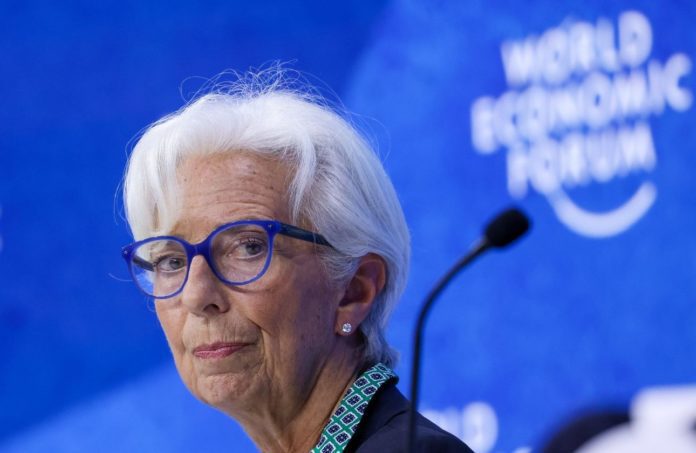The European Central Bank (ECB) has confirmed plans to increase interest rates for the first time in more than a decade to fight inflation pressures. In an unusually detailed statement, the ECB said it intends to raise its key rate by a quarter percentage point at its next policy meeting in July to minus 0.25% and increase it again in September, possibly by more than 0.25 percentage point.
After September, the ECB said it expects a “gradual but sustained path of further increases in interest rates.” The bank expects eurozone inflation of 3.5% in 2023 and 2.1% in 2024, both above the ECB’s target rate.
The ECB’s policy shift would come about a year after eurozone inflation rose above its 2% target. It would help narrow the gap with the Federal Reserve, which has increased interest rates twice since March to a range between 0.75% and 1%. Under the ECB’s plans, its key rate would rise to zero or higher after its Sept. 8 policy meeting, exiting negative territory for the first time in eight years.
Core inflation—which strips out volatile food and energy prices and is therefore considered a better predictor of future inflation—increased to 3.8% in the eurozone in May, the highest level since the euro launch in 1999. Core inflation has also risen to 4.1% in South Korea, 5.7% in Canada, and 6.2% in the U.K. and the U.S. Most major central banks, including the Fed and the ECB, aim to keep inflation at 2% over time.





